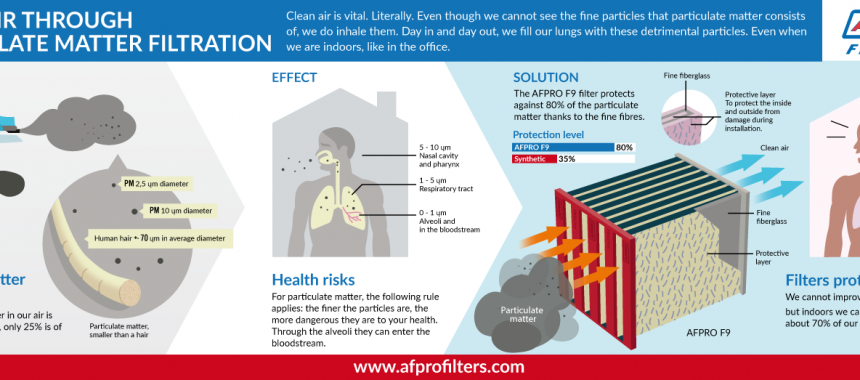5 Indicators That It's The Right Minute To Update Your House Home Heating And Air Conditioning System
5 Indicators That It's The Right Minute To Update Your House Home Heating And Air Conditioning System
Blog Article
Material By-Hood Hutchison
Is your home heating and air system on its last legs? Like a car that's seen far better days, your cooling and heating system can start showing indications of damage. But exactly how do you know when it's time to bid farewell to your old faithful and welcome in a new, extra reliable version?
Well, my friend, if you've been noticing your system continuously running, odd noises floating via the air, or an abrupt increase in your energy costs, after that it might be time to think about a replacement. Yet that's not all-- there are a few various other indicators that you will not intend to miss.
So, buckle up and prepare to discover the indications that could be a game-changer for your home comfort.
Frequently Running or Never Ever Biking off
If your home heating and air system is continuously running or never ever cycling off, there may be a malfunction that calls for immediate interest. This issue can show a few different issues with your system.
One possibility is that the thermostat isn't operating appropriately, causing it to constantly signal for the system to run.
An additional possible reason could be a clogged up air filter, stopping proper airflow and creating the system to work tougher and longer.
Additionally, a malfunctioning follower or blower motor might additionally be the offender, maybe unable to properly distribute air throughout your home.
Despite the precise reason, it is essential to resolve this issue quickly to stop more damage to your system and to make certain ideal power performance.
Weird Sounds or Uncommon Smells
You may see odd sounds or unusual smells originating from your home heating and air system. These indicators could show that it's time to replace your system.
Right here are some possible factors for these strange sounds and scents:
- Rattling or banging noises: This can recommend loosened or damaged components within the system, such as a motor or follower. visit the following web page to address this issue without delay to prevent further damages.
- Mildewy or moldy scents: This can indicate the existence of mold and mildew or mildew within the system, which can influence your interior air top quality. It's vital to address this issue as it can cause respiratory system troubles.
- Burning or metallic smells: This could be an indicator of overheating or electric problems. It's essential to take instant activity to stop any type of possible fire threats.
If you observe any one of these indicators, it's recommended to speak with an expert a/c professional to evaluate your system and establish if replacement is needed.
Inconsistent or Inadequate Heating/Cooling
Experiencing irregular or poor heating & cooling in your home can be a frustrating and uncomfortable circumstance. https://www.achrnews.com/articles/144662-hvac-contractor-works-to-set-young-firm-apart to have a reliable cooling and heating system that can keep your home at a comfortable temperature level year-round.
If you find that your home isn't heating or cooling evenly, with some rooms being too hot while others are also chilly, it may be time to change your home heating and air system. Inadequate heating or air conditioning can be brought on by a selection of concerns, such as a malfunctioning thermostat, blocked air filters, or a damaged HVAC system.
Frequent Fixes and Breakdowns
When your heating and cooling system needs constant repair work and experiences break downs, it's a sign that it might be time to think about replacing it. Frequently taking care of repair services can be irritating and costly, and it is very important to acknowledge when your system is no longer trustworthy.
Right here are 3 reasons frequent fixings and breakdowns need to trigger you to consider replacing your home heating and air system:
- ** High repair costs **: Constant repairs can rapidly add up, and you might find yourself spending even more money on repairing your system than it deserves.
- ** Reduced power effectiveness **: Older systems have a tendency to come to be much less reliable over time, causing higher power costs and wasted power.
- ** Inconsistent comfort **: If your system is regularly breaking down, you might experience temperature level variations and discomfort in your house.
Thinking about these variables, it's worth checking out the option of replacing your system to conserve money, boost energy efficiency, and guarantee consistent convenience in your home.
Significant Increase in Power Expenses
If your regular monthly energy bills have been progressively raising, it may be a clear sign that it's time to take into consideration changing your home heating and air system. As your HVAC system ages, its effectiveness decreases, triggering it to function harder and take in even more energy. This can result in a considerable rise in your energy bills.
Old and outdated systems may have worn-out parts, such as motors, followers, or compressors, that call for even more power to work appropriately. Additionally, dripping ductwork or inadequate insulation can cause power loss, requiring your system to work also more challenging to preserve a comfortable temperature level.
Conclusion
If you're experiencing any of these signs with your home heating and air system, it's time to think about a substitute. Neglecting these problems can bring about discomfort, higher power costs, and constant repair work.
Actually, did you know that heating and cooling down accounts for about 48% of the power use in a regular U.S. home? By updating to a much more reliable system, you can't just improve your comfort yet likewise minimize power expenses.
Do not wait up until it's too late, do something about it currently and take pleasure in a more dependable and cost-effective home environment.
